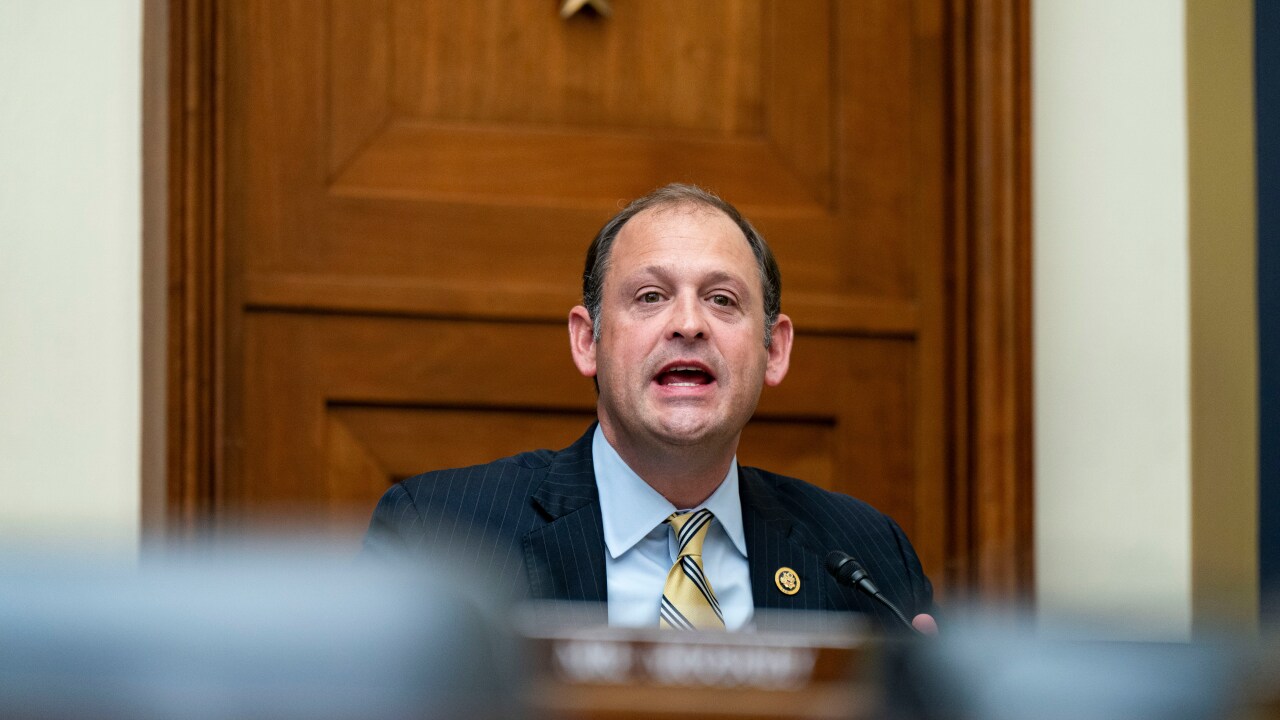
WASHINGTON - Transportation Secretary Ray LaHood this week urged senators to restructure how funding is allocated for transportation infrastructure to make it easier for smaller municipalities and rural areas to obtain funds directly, and told House members that economic recovery funding will finance more projects than originally anticipated.
"The dollars are going to stretch further, which will create more opportunities for more jobs," LaHood told the House Transportation and Infrastructure Committee during yesterday's oversight hearing on stimulus funds.
LaHood sent a letter to governors recently reminding them that transportation funding must be used for ready-to-go projects, and that any unused funds will be reallocated if states fail to meet their deadlines, he said.
President Obama said earlier this month that construction companies were submitting lower-than-expected bids to compete for recovery-related projects.
"I am proud to utter the two rarest phrases in the English language - projects are being approved ahead of schedule, and they are coming in under budget," Obama said.
However, the low bids have sparked some concern outside of Washington.
"We're on the first step of what I don't think is good news at all, because if they're bidding 25% [below estimates] then they're taking the jobs at a huge loss initially ... They're going to stop work when they run out of money," said Barry LePatner, a corporate construction attorney based in New York.
LePatner said cost overruns could drive up the original bids by 20% or more, and that state transportation departments required to obligate or lose their funding may be left to pick up the slack for any additional project costs after recovery funds are exhausted.
"States do not have the resources to pay the difference, which is why they needed the federal stimulus money" in the first place, he said.
States and localities were given $27.5 billion to use for highway and bridge projects during the next two years through the recovery act. Most market participants expect most of the funding to go toward maintenance projects such as road resurfacings instead of new construction, and do not foresee cost overruns leaving states in a bind.
About $8 billion of highway funds have been obligated so far, according to the U.S. Department of Transportation. Illinois has jumped out to a large lead over other states in its approved funding and number of stimulus projects, at $645 million for 229 projects as of last week.
Looking beyond the recovery period, LaHood told a Senate Commerce, Science, and Transportation subcommittee during a hearing Tuesday that lawmakers charged with writing the next transportation authorization bill should restructure "how planning is done" for transportation funding.
Generally, highway funding is distributed to state transportation departments using a formula of various factors. LaHood encouraged senators to reform the process "so that when dollars are spent, your point of contact doesn't always have to be the state DOT" but would include small cities, rural areas, and metropolitan planning organizations.
Other witnesses at the hearing stressed revamping the funding source for federal highway aid to states and providing more financing options.
Texas transportation commissioner Ned S. Holmes recommended to Congress removing the $15 billion national cap on private-activity bonds that can currently be issued in addition to state PAB caps.
Holmes, who chairs the Transportation Transformation Group, a public-private group, also asked lawmakers to establish a national infrastructure bank and to expand a popular federal financing program that provides low-interest credit to issuers as well as private entities, but is oversubscribed.





